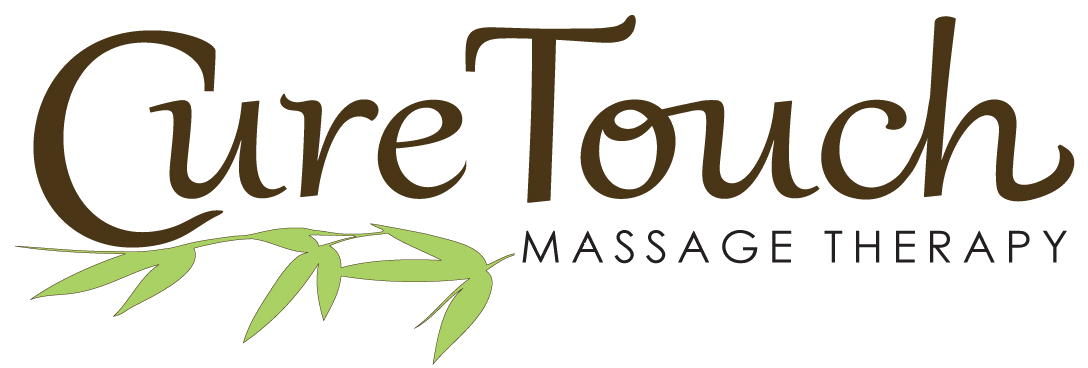Where will my massage session take place? Who will perform the massage?
Must I be completely undressed? Will the therapist be present when I disrobe?
Will I be covered during the session? What parts of my body will be massaged?
Will lubricant be used? What will the massage feel like?
Are there different kinds of massage? How long will the session last?
What should I do during the massage session? What are the benefits of massage?
Are there any medical conditions that would make massage inadvisable?
What To Expect During A Massage

Your massage or bodywork session will take place in a warm, comfortable, quiet room. Soft music may be played to help you relax. You will lie on a table especially designed for your comfort.
Your session will be conducted by a professional who has received proper training, in a variety of techniques. All of our therapists are licensed to practice massage therapy in Idaho. Although no two massages are exactly alike, you may request a certain technique or modality. You may also request your preference as to a male or female therapist.
Most massage techniques are traditionally performed with the client unclothed; however, you may decide what amount of clothing you prefer to wear for your own comfort. You will be properly draped for privacy during the session.
The therapist will leave the room while you undress, relax onto the table, and cover yourself with a clean sheet or towel.
You will be properly draped at all times to keep you warm and comfortable. Only the area being worked on will be exposed
You and the therapist will discuss the desired outcome of your session. This will determine which parts of your body require massage. A typical full-body session will include work on your back, arms, legs, feet, hands, head, neck, and shoulders. You will not be touched on or near your genitals (male or female) or breasts (female).
A light oil or lotion may be used to permit your muscles to be worked on without causing excessive friction to the skin. The lubricants used should hydrate the skin and be readily absorbed.
It depends on the techniques used. In a general Swedish massage, your session may start with broad, flowing strokes that will help to calm your nervous system and ease exterior muscle tension. As your body unwinds, pressure will gradually be increased to relax and relieve specific areas of muscular tension. You should communicate with your therapist immediately if you feel any discomfort so that another approach may be taken. Massage is most effective when your body is not resisting.
There are numerous types of massage. Various techniques utilize different strokes, including basic rubbing strokes, rocking movement, posture and movement reeducation, application of pressure to specific points, and more. Ask the therapist about the methods she uses.
The average full-body massage session lasts approximately one hour. A half hour appointment only allows time for a partial massage session, for instance the neck and shoulders, back, or legs and feet. Many people prefer a sixty-to-ninety-minute session for optimal relaxation. Always allow relaxation time prior to and after the session. Hot tubs, steam baths, and saunas can assist in the relaxation process.
Make yourself comfortable. The therapist will either gently move you or tell you what is needed throughout the session (such as lifting your arm). Many people just close their eyes and completely relax. Others like to talk during their session. Feel free to ask the therapist questions about massage in general or about the particular technique you are receiving.
Most people feel very relaxed. Some experience freedom from long-term aches and pains developed from tension or repetitive activity. After an initial period of feeling slowed down, people often experience increased energy, heightened awareness, and greater productivity, which can last for days. Since toxins are released from your soft tissues during a massage, it is recommended you drink plenty of water afterward.
Massage can help release chronic muscular tension and pain, improve circulation, increase joint flexibility, reduce mental and physical fatigue and stress, promote faster healing of injured muscular tissue, improve posture, and reduce blood pressure. Massage is also known to promote better sleep, improve concentration, reduce anxiety, and create an overall sense of well-being.
Yes. That’s why it’s imperative that before you begin your session, the therapist ask general health questions. It is very important that you inform the therapist of any health problems or medications you are taking. If you are under a doctor’s care, it is strongly advised that you receive a written recommendation for massage prior to any session. Many therapists may require a recommendation or approval from your doctor.

No Comments